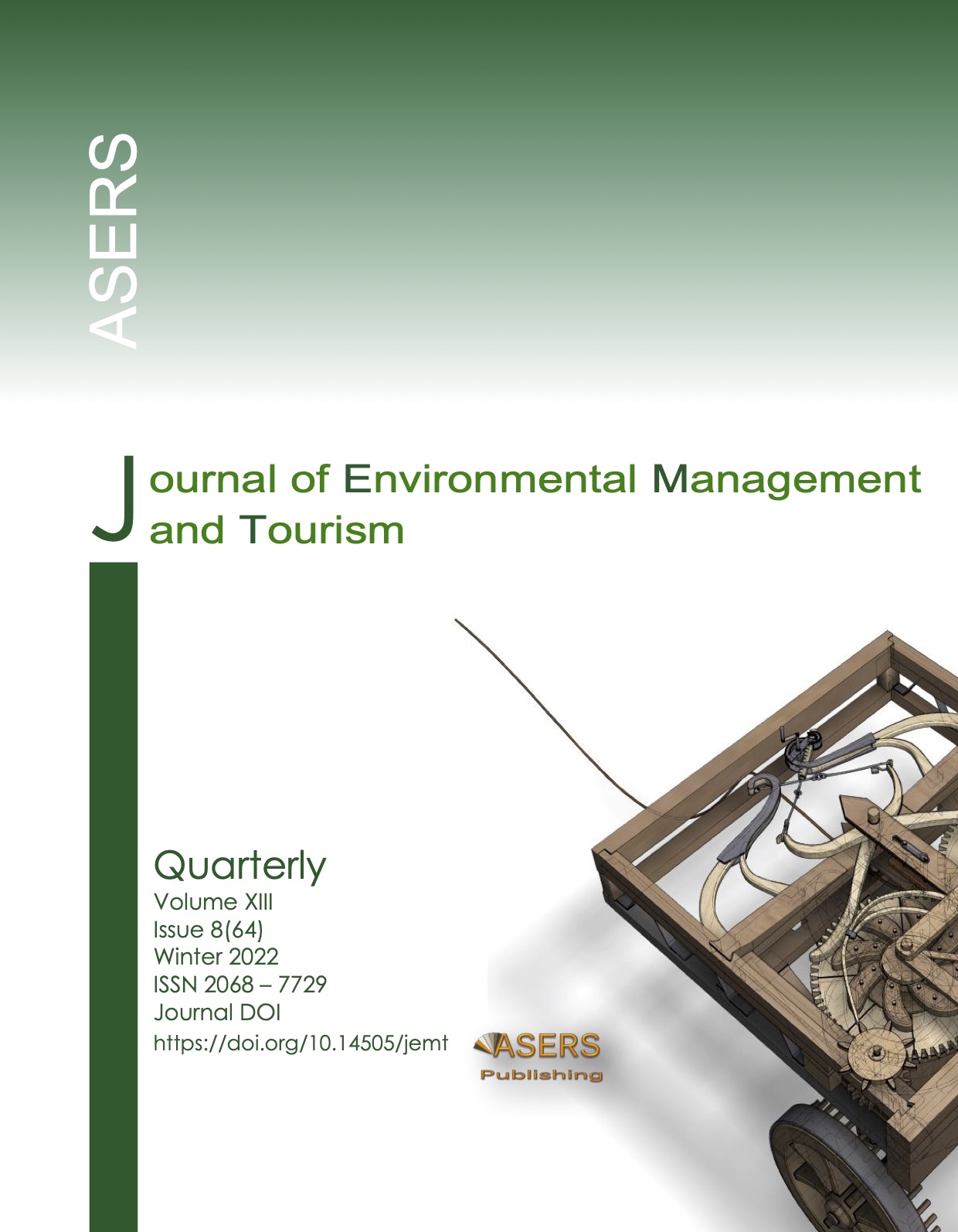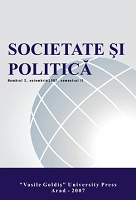Knowledge Map of Chinese Tourists Travelling to Thailand: Based on the Bibliometric Method
Author(s): Haiying Fu,Chonlavit Sutunyarak / Language(s): English
/ Issue: 8(64)/2022
Keywords: visualization technology; chinese tourists; thailand tourism; knowledge map; tourism economy; tourism market; bibliometric method;
Chinese tourists have essential economic and cultural exchange values for Thai tourism. The present research on Chinese tourists traveling to Thailand (CTTT) has made a significant breakthrough, but it rarely observes the research status quo, hot spots, and the future based on bibliometric methods and visualization technology. Based on 710 articles on the Web of Science (WoS), Cite Space visualization technology was used to analyze the publishing trend of CTTT, authors, institutions, countries, keywords, and categories, and build a knowledge map about CTTT. The study found that although the positive trend of published articles indicates excellent future development, the overall number of published articles is not ideal. Moreover, research on this topic has made significant progress and breakthroughs in the healthcare field, meaning that there is still much research space in the business and economic areas. Thai institutions and scientific research institutions and their scholars have significantly contributed to CTTT. They focus more on healthcare, disease, health, sexual safety, and equality in travel. Although there is an increasing focus on consumer behavior, habits, and models, However, the research on CTTT under the background of the digital economy, sharing economy, big data, artificial intelligence, and the COVID-19 pandemic is of great research value. Therefore, this study encourages different countries, institutions, and scholars to do more on this topic. Furthermore, interdisciplinary research is even more critical.
More...


